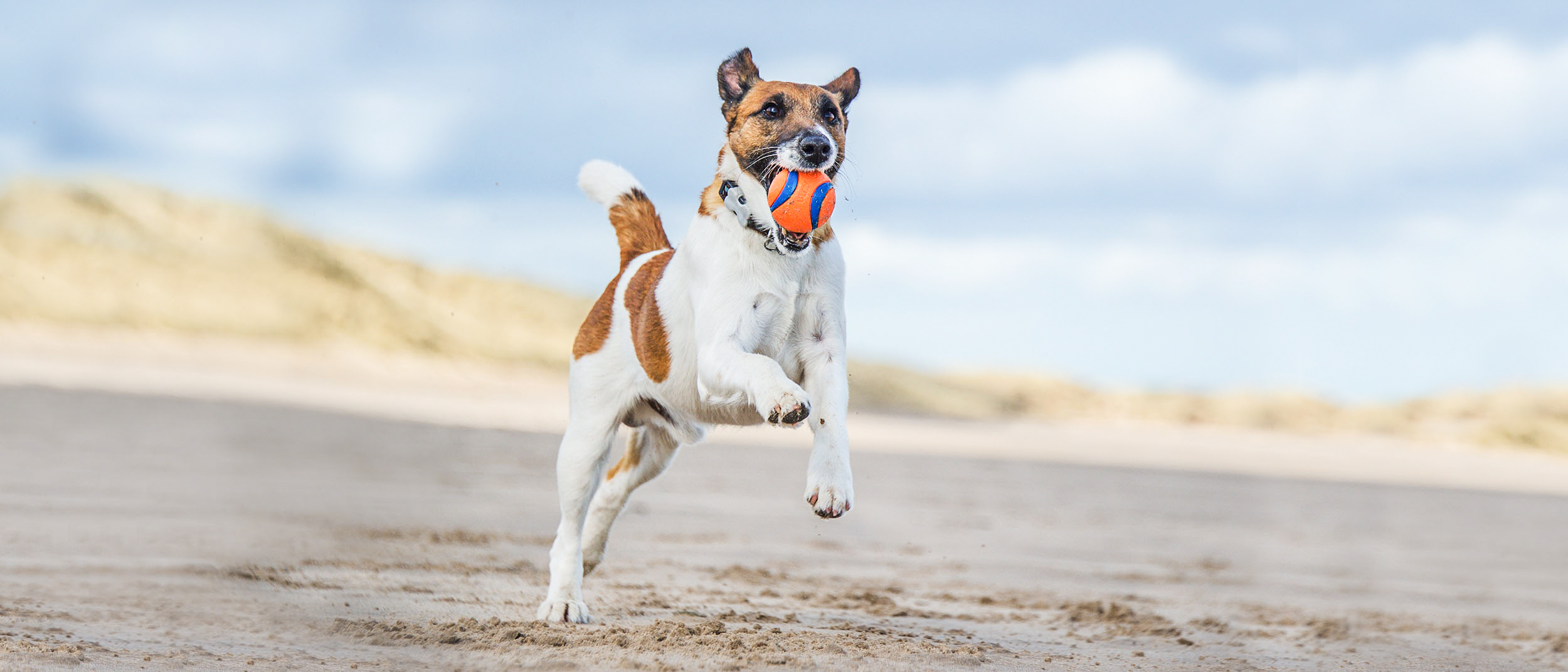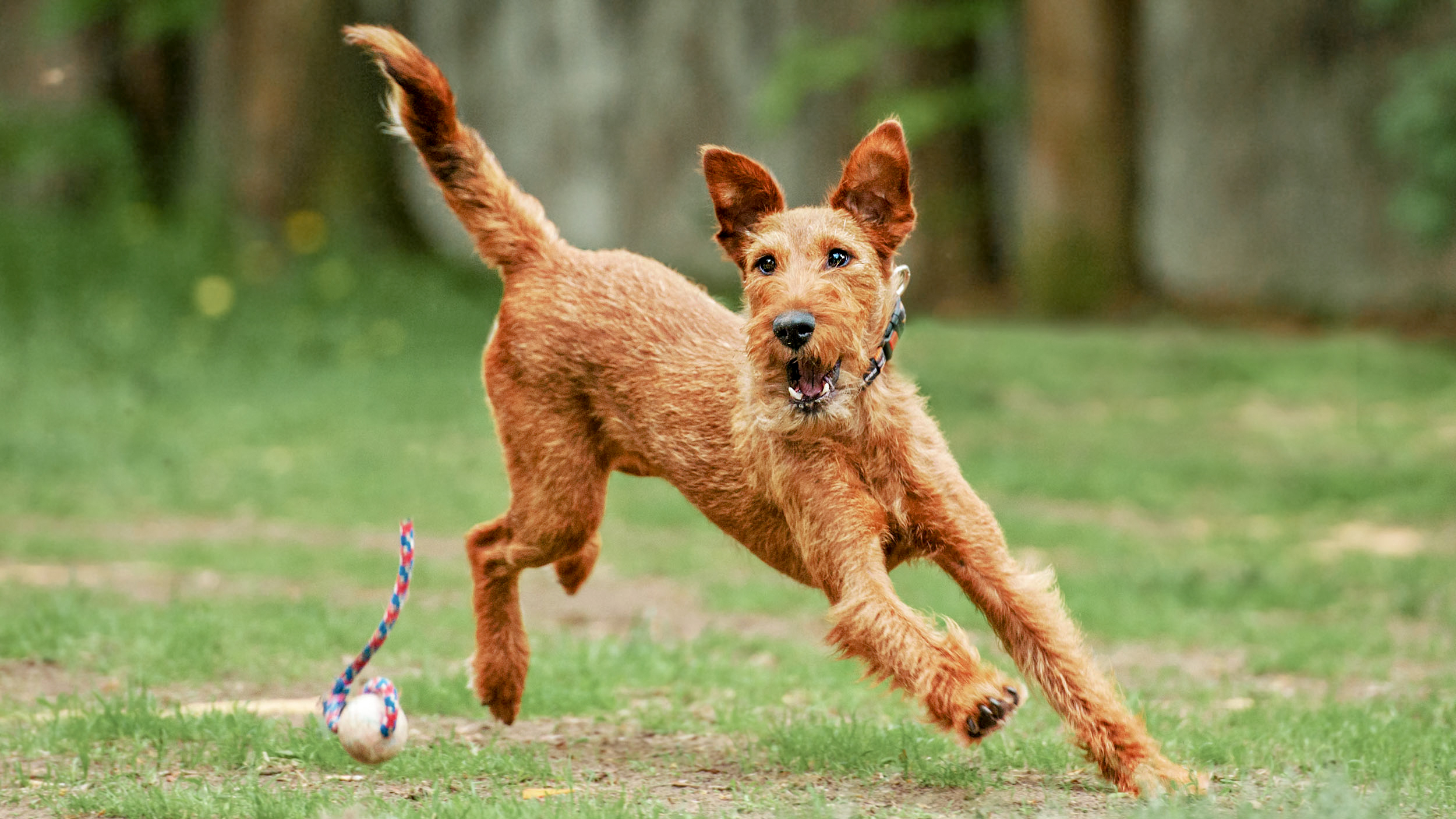How can I help my dog lose weight?
Article

Obesity is a common problem among dogs; studies consistently show obesity occurs in at least 20% of the adult dog population in industrialized countries. However, by supporting your dog with the right food, exercise and feeding behavior, you can help them lose weight and return to a healthier lifestyle.
Obesity and your dog
If your dog has been gaining weight and is now at a point where your veterinarian has categorized them as obese, it’s important for you to recognize what this means for their overall health. Obesity puts your dog at risk of a number of serious and complex conditions, including diabetes, cardio-respiratory issues, arthritis and reduced immunity support. Most importantly, it also reduces their life span.
Your dog’s breed, age, genetics, gender and current lifestyle are all contributing factors to the likelihood of it becoming obese or struggling with weight loss. Recognizing your role in supporting your dog’s health is crucial; you have the opportunity to give them the right food, exercise program and lifestyle support they need to feel fit and healthy once again.
Managing your dog’s feeding behavior
Setting up the right behaviors and attitudes around feeding can go a long way to support your dog in losing weight. Your veterinarian will help you calculate how much and what type of food to give your dog to ensure they lose weight; make sure you stick to this to get the best results possible. You should also spread their daily ration over at least two meals, rather than one large one; this helps increase the rate at which your dog breaks down and uses the energy in the food, as well as managing any tendencies to rush their meals.
You, and other members of the household, must be firm and resist giving it scraps from your meal or accidentally encouraging begging behavior. The best way to do this is to feed your dog at the same time, from the same bowl, in the same place, so it gets used to the routine. Keep your own meals and your dog’s at different times so it doesn’t get confused, and ideally have them in different rooms.

Choosing the right food for an overweight dog
Although it might seem like a good idea to simply give your dog less food to help it lose weight, this isn’t recommended; it reduces the likelihood of them getting all the nutrients they need, and can encourage poor behavior such as aggression or begging.
Instead, select a food that is specially designed to be useful for weight-loss programs. It should include highly digestible proteins so they’re getting the energy they need, but with reduced calorie content. Some of the most advanced dog foods for weight loss also include specific formula features, such as a blend of fibers that help your dog feel fuller without adding unnecessary calories.
Low carbohydrate foods can be useful for overweight dogs who are suffering with diabetes, as they can slow digestion and improve glycemic control. In the case of an overweight dog suffering with diabetes, specific veterinary diets with low carbohydrate contents may be recommended. These can help to improve the condition of a dog under veterinary supervision.
Exercising your dog for weight loss
If your dog’s health allows it, take them out for regular exercise. Spread this over the week with shorter sessions, rather than one long and demanding walk or run at the weekend, to get them used to it. Swimming, in particular, can be a positive and effective exercise if your dog is struggling with long walks.
By making some small changes, you can help your dog achieve its ideal weight and get back into a healthy lifestyle. Start by consulting your veterinarian and getting their advice on food, exercise and more.
Find a vet
If you have any concerns about your dog’s health, consult a vet for professional advice.
Like & share this page